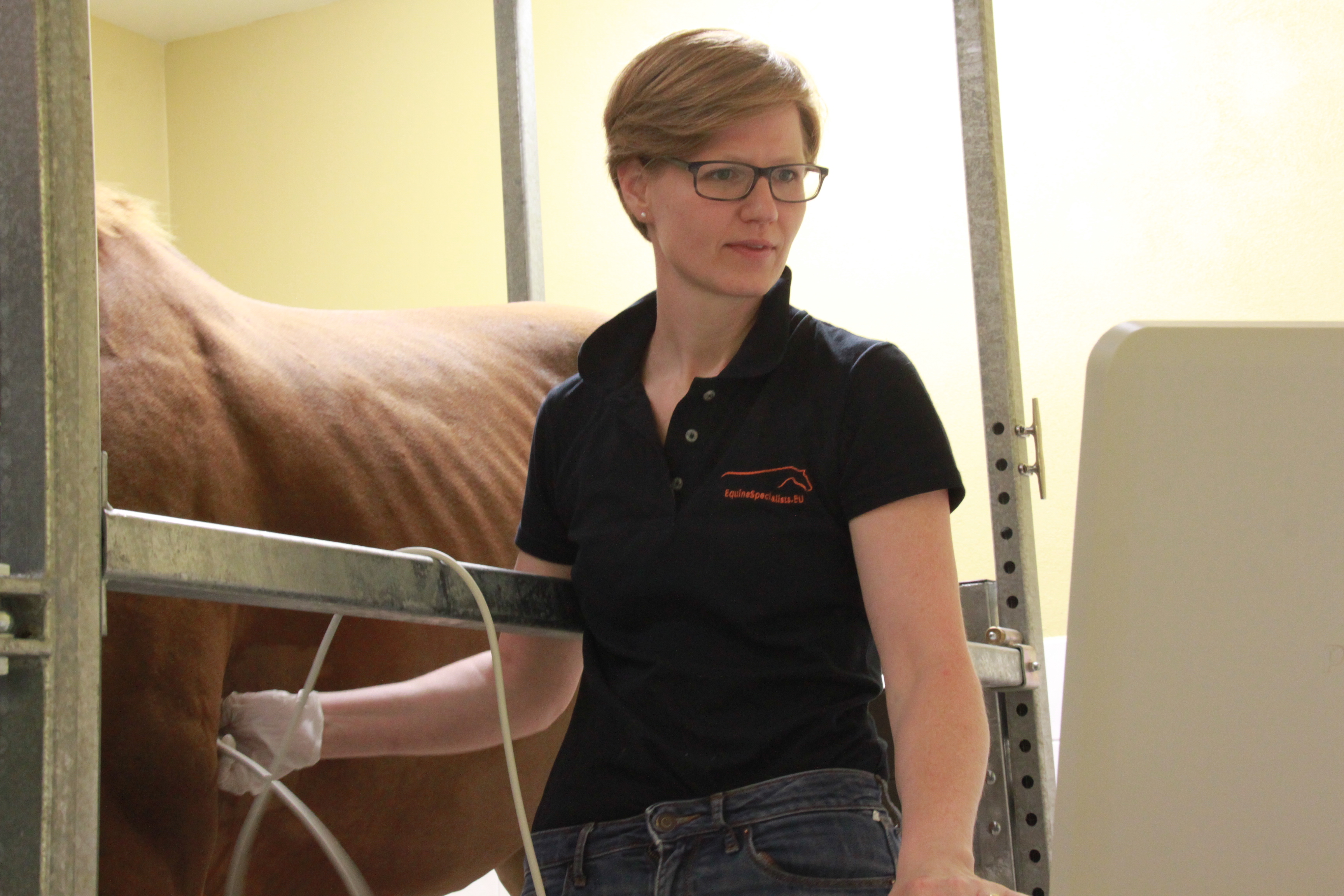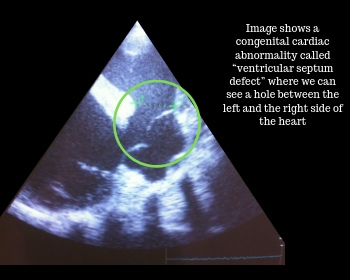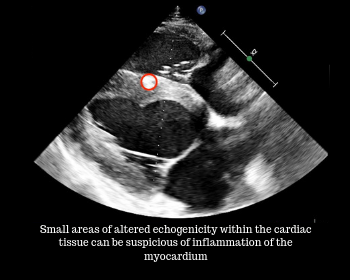Is your horse experiencing poor performance?
July 23, 2019
Equine veterinary hospital Comments Off on Standing tieback surgery for ‘roarers’
22
15
18

Is your horse experiencing exercise intolerance or weakness?
Is he/she losing weight despite in good health condition?
Does he/she have cough or unexplained tachypnea during exercise?
Do you see or suspected that your horse had experienced an episode of collapse?
Did your veterinarian detect an arrhythmia or a murmur during the last visit?
Did you recently observe inexplicable swelling in the legs or under the belly?
Pay attention, all these signs can be a manifestation of a cardiac problem!
We can help you in reaching the diagnosis for your horse and assist you in establishing the best treatment plan!
At Camden Equine Centre we have a team of specialists in Equine Internal Medicine that can perform a complete cardiac examination including a comprehensive auscultation, cardiac ultrasound, ECG and holter recordings at rest and during exercise. We have a treadmill for a controlled exercise at selected speeds and tilts or we can come to record the ECG at home while you are riding in a normal training session.
A good auscultation is the first step to detect cardiac diseases. Frequently “murmurs” can be heard between or superimposed to the normal heart beats. Some of them are innocuous and considered physiological, while others can be associated to valvular regurgitations or congenital defects. Based on auscultation we can suspect the origin of murmur, but further examination by means of an echocardiography is the only way to obtain a diagnosis and to see what the effect is on the heart.
The auscultation can also highlight an alteration of the cardiac rhythm (arrhythmia). Some arrhythmias are common in horses and not concerning, but others need a prompt and specific therapy. The only way to confirm the type of arrhythmia, is by use of an electrocardiogram.
Electrocardiogram (ECG)
It is a direct tracing of the cardiac electrical activity and allows us to observe alteration in the heart conduction system. It is useful not only at rest, but also during exercise because it helps to check if the heart rate is appropriate for the level of work performed or if an arrhythmia develops during exercise. This information allows to determine if the horse is safe to be ridden and if it is suitable for the expected level of exercise.
Atrial fibrillation (often called “a fib”) is the most common arrhythmia affecting racehorses. When atrial fibrillation develops, the pacemaker cells of the heart loose the control in the conduction pathway and aberrant electrical activity takes place. There is some kind of genetic predisposition and electrolyte alterations during strenuous exercise may also predispose for the condition. Atrial fibrillation can appear in a perfectly healthy heart, but it can also develop as a consequence of underlying cardiac disease. If there is no underlying cardiac disease it is possible to convert the rhythm back to normal.
Echocardiographic examination
It permits to observe the morphology and functionality of the heart, its valves and the great vessels.
Common alterations that we can observe during this examination are valvular regurgitations, which means that the cardiac valves don’t close well and allow some blood to leak back. This leakage can cause an abnormal noise during cardiac auscultation; we call this noise a “murmur”. Dependent on which valve is leaking and how severely it is leaking, this may or may not be a problem for the heart. Many horses will have valvular regurgitations without it causing a problem. However, over time, many of these will get worse and can start to impact the normal function and morphology of the heart and eventually also performance. Therefore, they need to be closely monitored.
Other abnormalities that we can observe are dilation or decreased contractility of portions of the heart. If the morphology or functionality of the heart are compromised the horse can be at risk of heart failure which means that the heart cannot keep up with its workload thus the body may not get the blood and oxygen that it needs. This is a serious condition and warrants prompt diagnosis and medical treatment.
Each cardiac disease needs a specific approach according to its cause, severity and consequence on heart function. Without a specialist consultation and a complete assessment of your horse there is no generic recommendation for a cardiac problem.





0 Comments